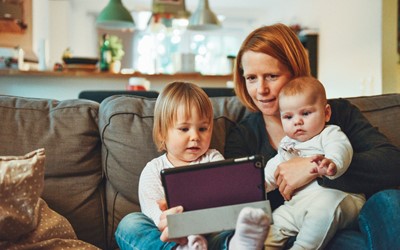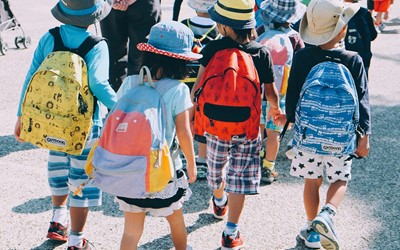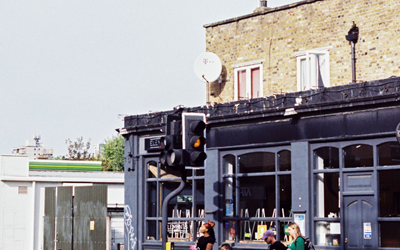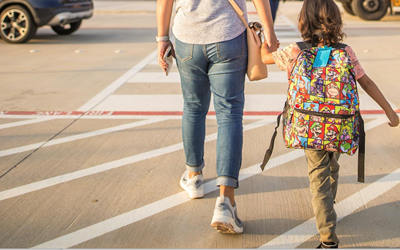Debates around programmes like Low Traffic Neighbourhoods (LTNs) demonstrate the difficulties involved in making equitable public health initiatives for Londoners. How can we promote both the well-being of individuals and the sustainability of communities? How can we balance our different needs for movement, travel, health, and environment?
Grappling with such knotty questions is part of what it means to live in society. So, it is important that we, as a society, can think together about the issues at play and solutions at hand.
During one of our interactive public engagement events at the recent Bloomsbury Festival, we were glad to make this complex issue the focus of exploration.
Every year, the Bloomsbury Festival takes place on our doorstep here at the NIHR ARC North Thames. It’s an opportunity to participate in a vibrant exchange of ideas, creativity, culture and knowledge between institutions, communities, organisations and members of the public.
With the theme of the event being ‘Human Kind’ we wanted to explore how we deal potentially divisive issues like LTNs with humanity and kindness.
Leading the event were some of our staff and public collaborators, who engaged the event attendees – children, teens, and families in a hands-on Monopoly-themed problem solving activity that also used Lego.

(Pictured: NIHR ARC North Thames Staff and Public Contributors leading the event. From left to right: Wafaa El Janfali, Sudhir Shah, Yuncong Liu, Katherine Barrett, Jackie Hardy, William Lammons)
Participants got the chance to walk in the shoes of urban planners, weighing the benefits and drawbacks of different solutions through games, hands-on creations, and discussions.
The activity began with a discussion on the problems caused by heavy traffic, such as pollution and its health impacts, including asthma.
Participants were then guided through a series of decisions on LTN measures, such as adding bus lanes, installing planters, introducing driving fees, or building bollards.
Each choice triggered specific outcomes represented by “Community Chest” and “Chance” cards, highlighting both positive effects – such as improved air quality benefiting children’s health – and negative impacts – including accessibility challenges for people with disabilities, longer travel times, and increased walking distances to school.
For instance, In our Monopoly-style activity, participants reached a decision point where they had to choose between two options for reducing traffic on a busy street:
- Option A: Add bus lanes to make it easier to take public transportation.
- Option B: Place planters along the road to prevent cars from driving through certain areas.
If a participant chose Option A (Bus Lanes), they picked a Community Chest card, which might say:
"Now it’s more comfortable to walk and take the bus to places!"
If they chose Option B (Planters), they picked a Chance card that could read:
"It's now harder for some parents to get their children to school."

(Pictured: A photo of the Monopoly cards on the table at the event)
Each choice allowed participants to explore the real-world trade-offs involved in urban planning – illustrating how one decision could benefit some people while potentially creating challenges for others.
Through this interactive process, attendees experienced the complexity of urban planning, weighing the needs of drivers, pedestrians, and those with mobility challenges. They also shared varied opinions on LTNs, with some advocating for reduced car use and others questioning the need for additional restrictions.
The session concluded with a creative section where participants designed their own solutions to improve air quality and reduce pollution through drawing, painting, and Lego building, empowering them to value their own lived experiences and perspectives in the discussion on public health and urban design.

(Pictured: A photo of a lego creation by one of the participants of the event)
By engaging directly with the research, attendees were invited to rethink not just how cities function, but how they could be shaped by the collective wisdom of those who live in them.
- This event drew on NIHR ACR North Thames research project The Effects of Low Traffic Neighbourhoods (LTN) on People’s Health, conducted by Dr. Jessica Sheringham and Dr. Elizabeth Eveleigh.
- Want to hear more about research and events like this? Subscribe to our newsletter.

 17 Feb 2025
17 Feb 2025



